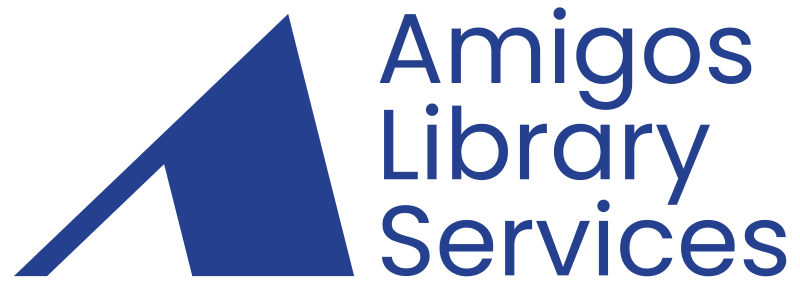Know & Go: Writing Effective Alternative Text
Writing effective alternative (alt) text is a key component of creating accessible documents and websites. For beginners or those with limited experience, knowing exactly what to write can be difficult. Explore best practices for writing alt text for different types of images, both information and decorative, and learn some common mistakes to avoid. Active participation in hands-on practice examples will be strongly encouraged.
